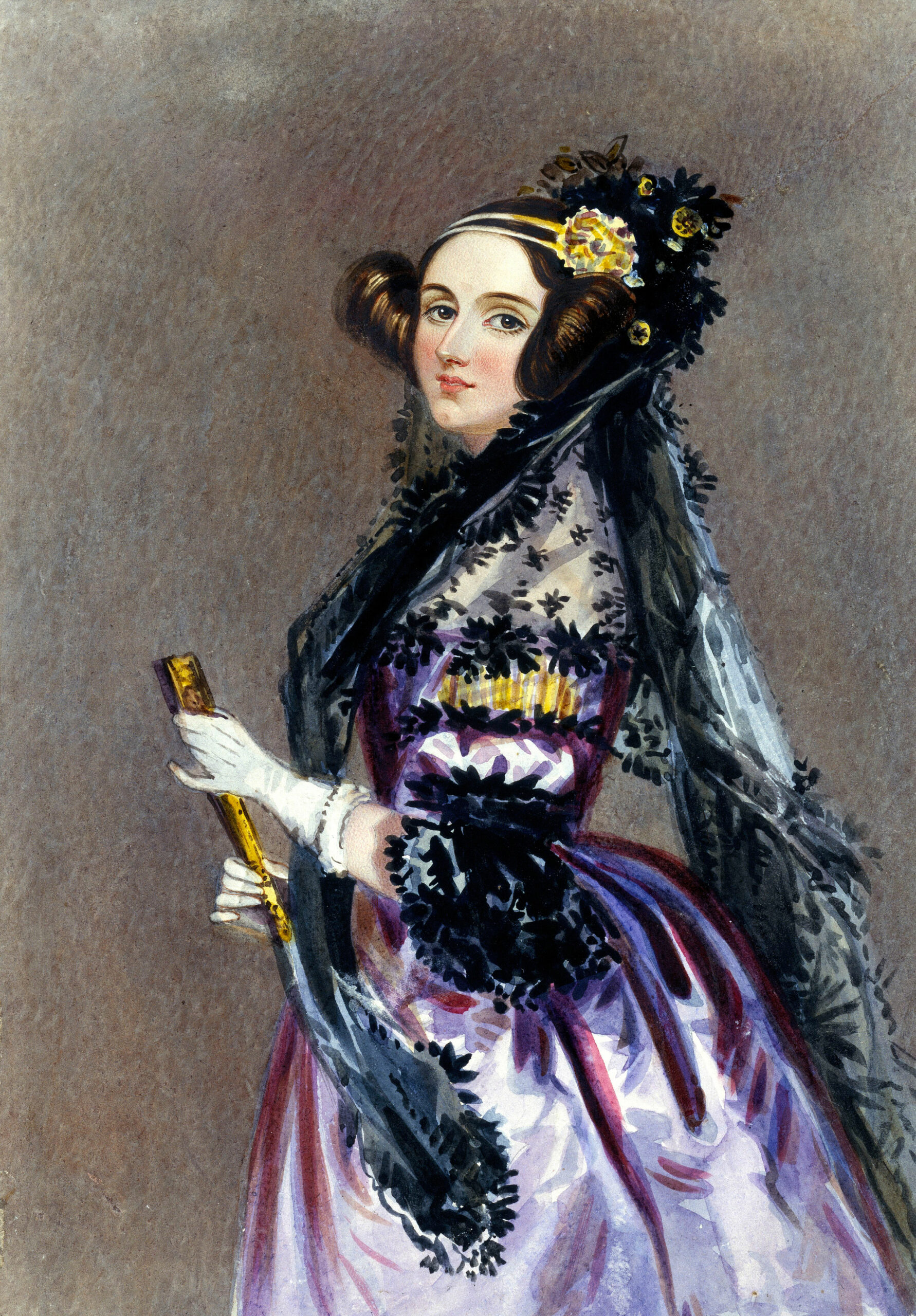

Augusta Ada King, the Right Honourable the Countess of Lovelace, is considered to be the world’s first computer programmer. She was a brilliant mathematical and scientific thinker. At age 12, Ada designed a steam-powered flight machine. Later, she significantly contributed to the design of Charles Babbage’s Analytical Engine (the world’s first computer), and wrote the world’s first computer program–an algorithm for the Analytical Engine to compute Bernoulli Number.
Each year, Finding Ada, a blog “celebrating the achievements of women in science, technology, engineering and maths,” announces a day in mid-October to honor Lovelace’s contributions to technology and celebrate women around the world who are involved in science, technology, engineering and math (STEM). This year, #AdaLovelaceDay trended globally on October 13th as social media users posted with the hashtag to share stories of the woman of honor and draw attention to women who work in, promote and love STEM.
Ada Lovelace’s mathematically-inclined mother educated her daughter in math and science instead of literature, perhaps as a defense against the influence of Ada’s unreliable poet father Lord Byron. But Ada sought balance between the disciplines, referring to her own work as “poetical science.”
Many organizations shared parts of Lovelace’s story.
Others used the opportunity to promote other women who played vital roles in the history of STEM…
…as well as women making a difference in STEM today.
The women (and all the staff) of Popular Science salute the world’s first computer programmer and all women in STEM:
Happy Ada Lovelace Day!
